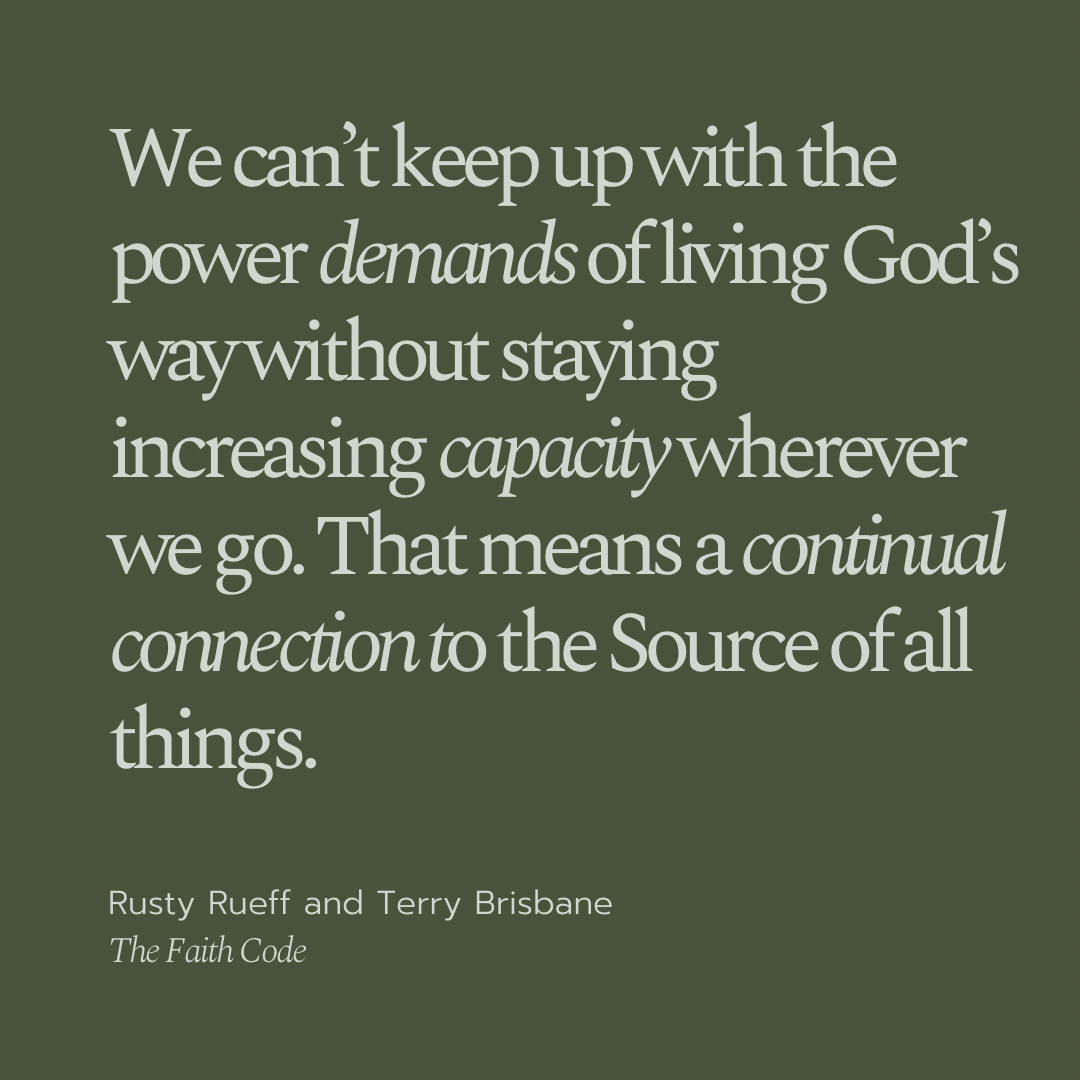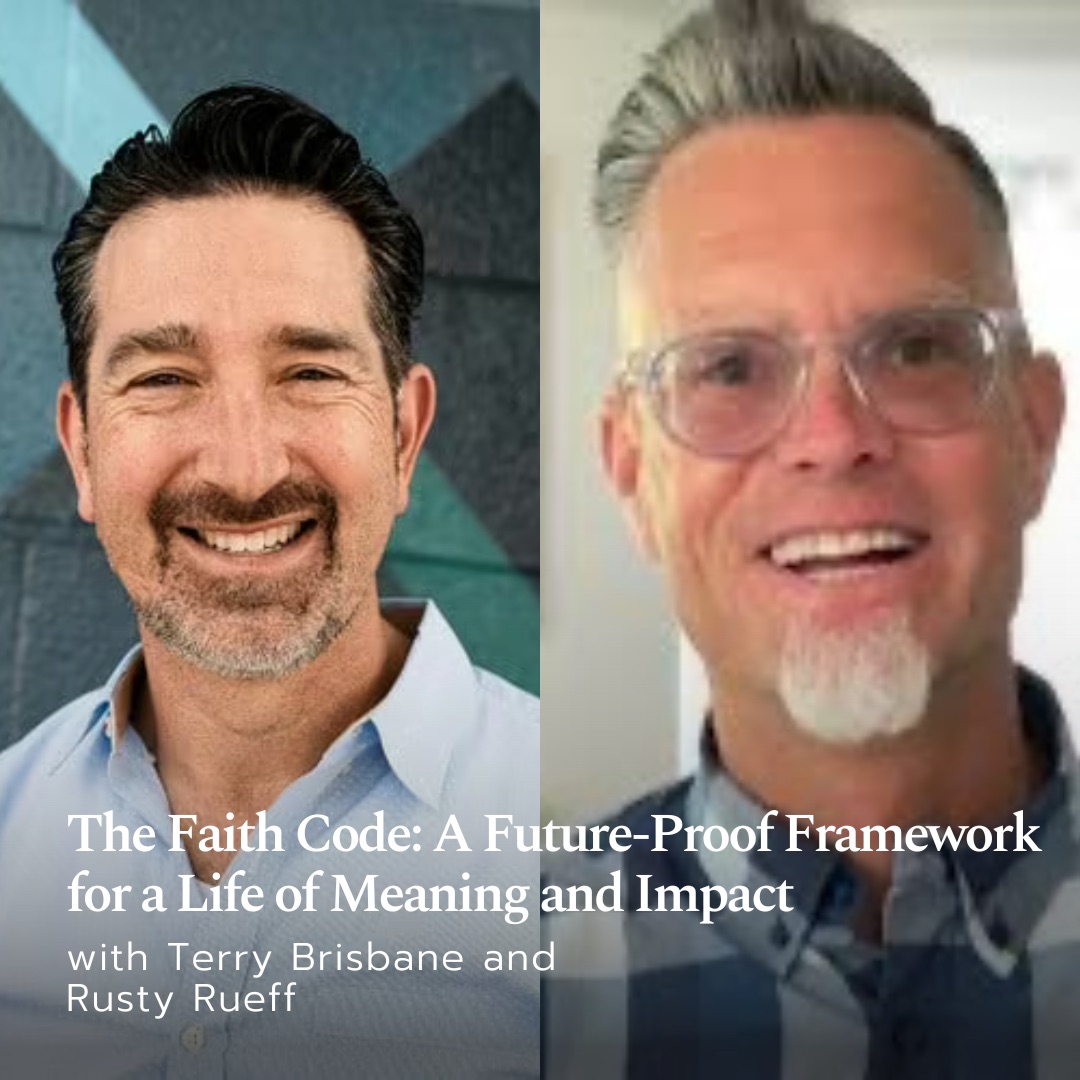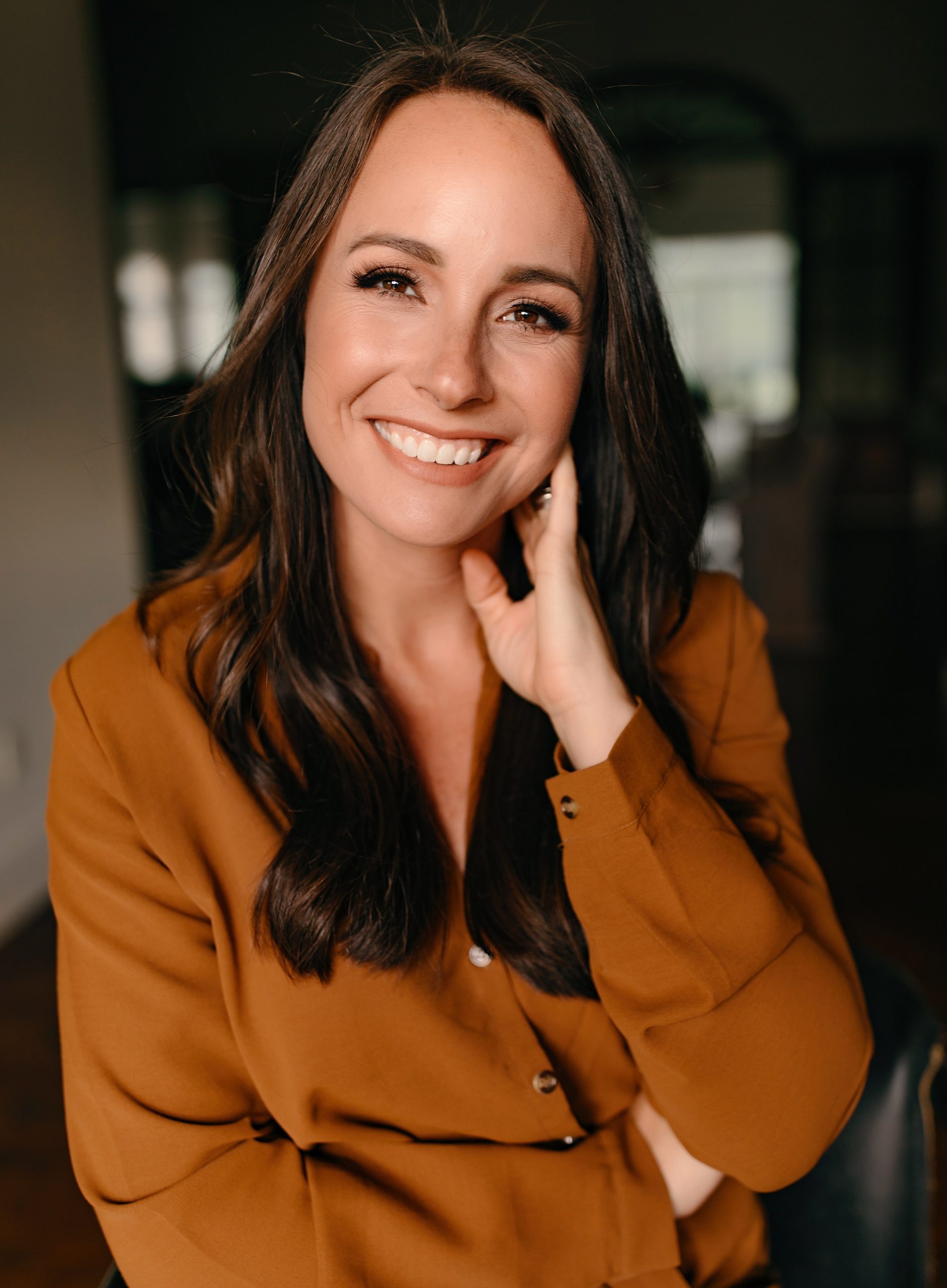In programming, the “source code” is the underlying architecture that makes a program or operating system work. It is what the programmer writes that is then compiled into the binary commands that make our devices function and our programs run. On one level, it is just row after row of commands, but, together, the effect is more than the sum of the parts. It gives the computer, tablet, or smartphone the instructions that allow them to “live” and do all the amazing things that they do.
In the early days of the development of Apple iOS, one of the most critical operating criteria Apple used for approving a new app was not how useful or unique it was, but the amount of battery life it consumed. I watched many a remarkable app get denied because it was going to use too much energy and cripple the ability for the consumer to use their iPhone, iPad, or iPod (remember those?) for a reasonable amount of time. I mean, how mobile is your device if you have to plug it in every twenty minutes to recharge?
Most of the things we do in life drain our spiritual energy rather than restore it. I’ve never met a person, especially in a work environment, who doesn’t know what it’s like to be overwhelmed and feel the energy failure and side effects that come with building a business.
To run our lives well, we have to be “charged up” and operating according to the Designer’s parameters. Humanly, many of the “code commands” of the Bible can seem contradictory or counterintuitive: Things like “to be the greatest, be servant of all,” “if anyone slaps you on the right cheek, turn to him the other also,” or “Whoever forces you to go one mile, go with him two.” We often don’t see God’s principles as efficient, let alone effective, but God is not about efficiency so much as creating the conditions for his love to exist and thrive. That takes some work and that takes some time, which is one more reason for keeping our spiritual batteries well charged at all times.
Operating God’s way may take longer, but it’s a renewable energy source. God’s systems aren’t like cars that run out of gas and must be refilled (or run out of electricity and have to be recharged), but like an ecosystem that self-perpetuates. I think that is how love is supposed to operate—it is the ultimate self-regenerating power source. God isn’t about us plugging into him for a while and then going out and doing wonderful things for him until we run out of gas (or electricity) and need to be refueled—God wants to establish his love with us, creating cycles of regenerative energy. We can’t keep up with the power demands of living God’s way without staying increasing capacity wherever we go. That means a continual connection to the Source of all things.

About the Authors:
Rusty Rueff (pronounced ‘roof’) is a well-known technology executive, startup advisor and thought leader in the Bay Area. He has served on numerous corporate boards of directors, including as a founding board director of Glassdoor. He was the National Coordinating Co-Chair for Technology during Barack Obama’s successful 2012 reelection campaign and was subsequently appointed to the President’s Advisory Board for the Arts for The Kennedy Center. He has been the leader of both the GRAMMY Foundation Board and The American Conservatory Theater (A.C.T.) Board. He is a benefactor of Purdue University’s Patti and Rusty Rueff School of Design, Arts, and Performance. He is a co-founder and co-host of The Faith Driven Entrepreneur podcast, as well as the author of Talent Force: New Manifesto For The Human Side Of Business. Rusty lives in Burlingame, CA and Charlestown, RI.
Terry Brisbane has been the lead pastor of CornerstoneSF for the past three decades, helping grow the church into a multi-generational congregation with over 1,000 attendees. Pastor Terry holds a Master’s in Theology from Fuller Seminary along with a Doctor of Ministry degree from The King’s University. He lives in San Francisco, CA.
Connect with Rusty and Terry:





